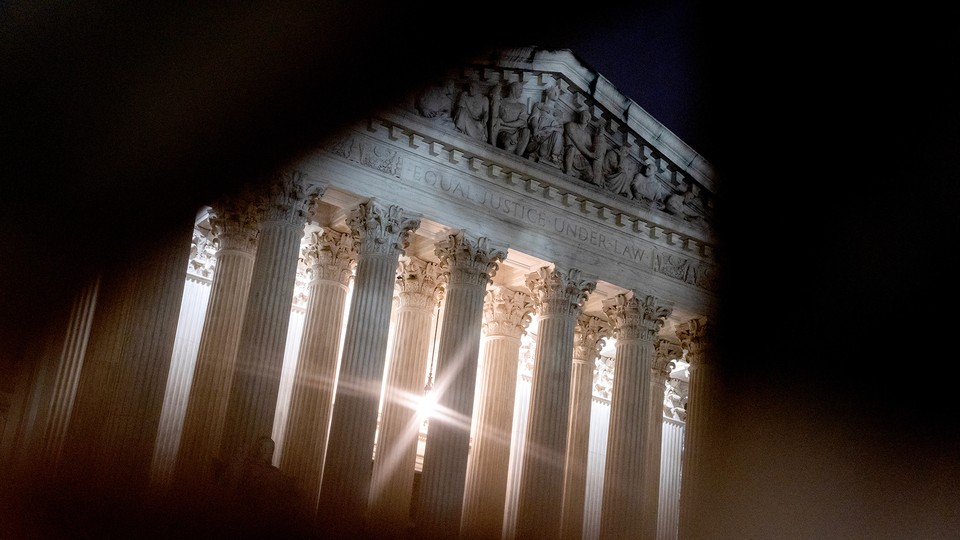SCOTUS Takes Center Stage: Examining Supreme Court Debates Over Birthright Citizenship and Judicial Power

The Supreme Court of the United States (SCOTUS) frequently commands national attention, especially when major constitutional questions are at stake. In recent months, SCOTUS oral arguments and future decisions have focused heavily on birthright citizenship and the reach of judicial power. These debates may not only change the interpretation of significant constitutional rights, but also affect the lives of millions of Americans.
The Birthright Citizenship Debate
Birthright citizenship, defined by the Fourteenth Amendment, promises citizenship to all individuals born on US soil. However, this principle has faced new scrutiny following recent executive orders attempting to limit citizenship for children of undocumented immigrants and temporary residents. During heated Supreme Court proceedings, government lawyers struggled to present a clear plan for implementing these changes.
As described in The Atlantic's in-depth analysis, a pivotal moment occurred when Justice Kavanaugh questioned the administration about hospital and state procedures for newborns under the new policy. The government's candid response—admitting they did not have a plan—highlighted the potential for chaos if the executive order were upheld. This uncertainty underscores why some legal experts argue that nationwide injunctions remain necessary to prevent patchwork application of such transformative policies across different states.
SCOTUS and the Power of Nationwide Injunctions
The use and legitimacy of nationwide, or "universal," injunctions is another issue currently before SCOTUS. These court orders can block federal policies across the entire country, not just for the individual plaintiffs who brought the lawsuit. Supporters believe such injunctions are critical when government action would impose sweeping harm, while critics argue that they allow single federal judges to dictate national policy.
Arguments around these injunctions have grown more intense as administrations increasingly rely on executive orders to enact significant changes. According to The Wall Street Journal, the Supreme Court’s ruling on this issue will likely redefine the relationship between the judiciary and the executive branch. It may also affect future presidential authority to quickly implement contested policies.
Broader Implications for US Law
How SCOTUS resolves these debates will have lasting impacts. A decision in favor of limiting nationwide injunctions, or upholding controversial citizenship orders, could complicate how rights are protected and how immigration laws are enforced. As reported by The New York Times, the outcome could shape not only the rights of newborn citizens but also the very power SCOTUS holds as a final arbiter of constitutional questions.
Conclusion: Why SCOTUS Decisions Matter Now More Than Ever
With so much at stake, all eyes are on SCOTUS to deliver clarity and guidance on these fundamental issues. The ongoing debates over birthright citizenship and judicial power could change the landscape of US law and citizenship for generations to come. Stay informed by following credible updates and analysis as the Supreme Court issues its pivotal rulings.